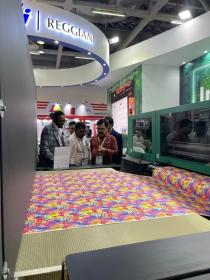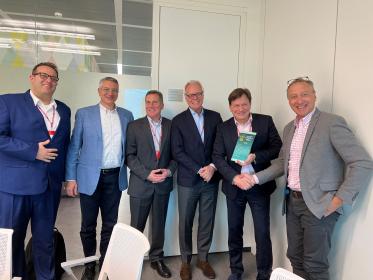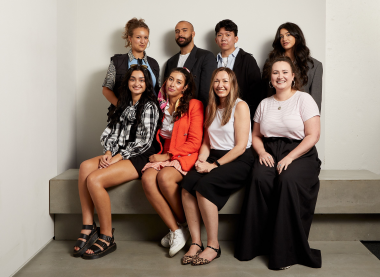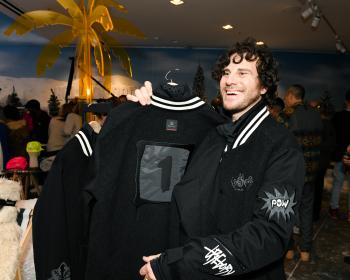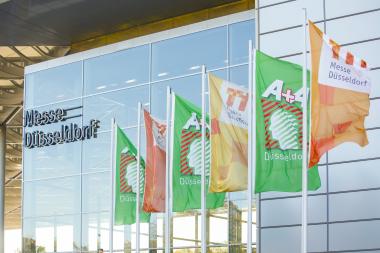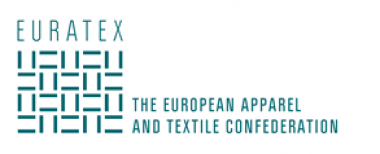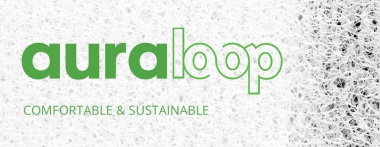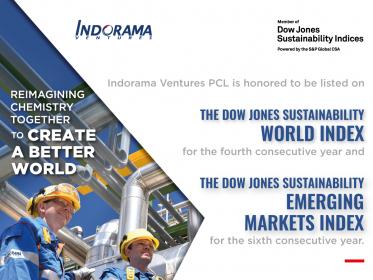EFI Reggiani with textile printing solutions at India ITME 2022
Textile companies could take full advantage of expanded print opportunities with EFI™ Reggiani textile solutions presented at the 8-13 December India ITME Exhibition in Greater Noida.
The EFI Reggiani TERRA Silver printer was shown at ITME 2022: a solution to enter the industrial printing segment with a short, smart and green process. The EFI Reggiani TERRA Solution eliminates the need for steaming or washing on direct-to-textile applications, using a greener, more efficient polymerisation process that takes place as the printed textile goes through the printer’s on-board dryer. As a result, users can achieve superior printing results while using less time, water, and energy.
The EFI Reggiani exhibit at ITME was also promoting:
- EFI Reggiani HYPER printer, a scanning printer available in 1.8-metre, 2.4-metre or 3.4-metre widths that prints at up to 20 linear metres per minute peak speed, making it the fastest textile scanning printer on the market;
- Mezzera Concord, the continuous rope washing line from the specialist in washing solutions that transports fabric by overflow for tensionless running with an independent squeezing mangle for each channel;
- One of the industry’s broadest line-ups of high-end, superior-quality textile inks, including EFI Reggiani AQUA and EFI Reggiani Diamond reactive, IRIS dye-sublimation, ARIA direct disperse, FUOCO acid, and GEA and TERRA pigment inks; and
- Inèdit, recently acquired by EFI Reggiani, a developer of raster image processors (RIPs) and related software for digital industrial textile printing with their product portfolio that features proven, highly advanced workflow solutions for textile profiling, calibration, design integration and much more.
EFI GmbH


